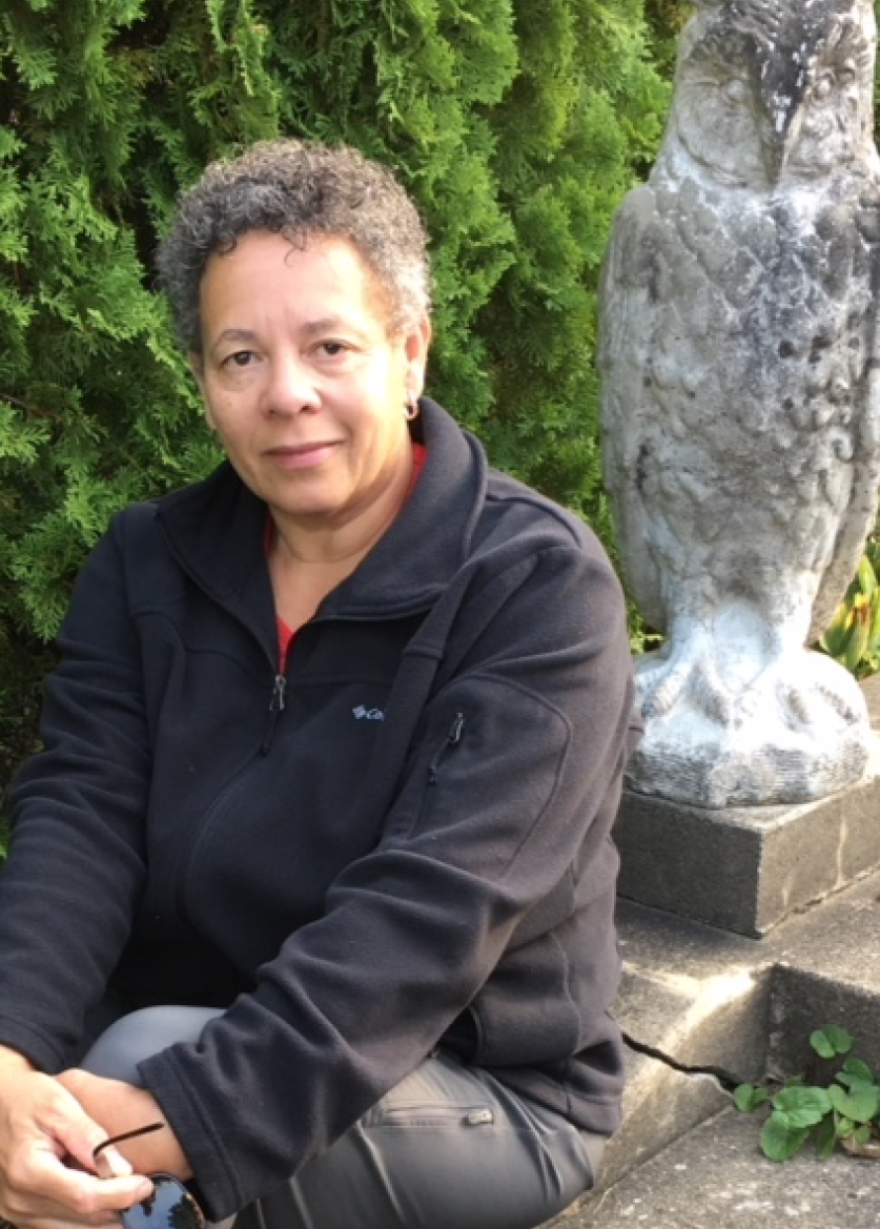From her earliest memories, Janet Oliver was different than every other child she knew in Batesville, Ark. Her father was a white civil rights lawyer, her mother black, and the adults around her—particularly the women in her matriarchal family—pushed her to greatness.
“The women around me said you will get a great education, you will leave Arkansas and you will have a life,” she said. “I was self-directed, I was opinionated, I was articulated and I was obedient, and I think they liked that factor far more.”
Obedience only went so far. The great aunt who raised her nudged her to pursue teaching or become a lawyer. Oliver wanted to be an actress.
“I was always pretending, I was always singing, I was always acting. And it was what I loved, it was my passion,” she recalled. “I can remember walking into my aunt’s bedroom and saying I’ve decided to study theater. Oh my God, You could cut it with a knife.”
Still, Oliver wasn’t willing to move to Los Angeles or New York to pursue a stage career. She long ago gave up the notion of theater as a career pursuit. Oliver settled happily into a career in human resources, mostly for banks.
“In my teens and 20s, I was driven to act, I was driven to get every role I could possibly find,” she said. “I was driven to make money when I was working in human resources, and I was lucky to retire at 50. I’ve discovered that the people that circle you, the people that become your family are important as you get older. So I’ve been lucky to create that, to have a circle of people who love and support me, and I do the same with threm.”
When she came to Asheville 32 years ago, she struggled to meet more than a few other black actresses, let alone roles for them. She thanks Asheville Community Theater and Different Strokes Performing Arts Collective for being the first to change that dynamic.
Oliver is among the three-woman cast for the new show at Different Strokes, “Eleemosynary,” running June 14-30 at the BeBe Theatre in downtown Asheville.
“I could pass for white, I could pass for Hispanic. I could play almost any race, and that was also a blessing,” she said of her castings. “I’ve lost a few roles because I was told I was too refined for them and that they were looking for something more street or more ethnic or whatever they wanted to call the role.”
Race has always underscored Oliver’s life. During the 1960s, Oliver was among the first wave of integration from black schools to segregated public schools. She understood she was a lesbian at a time when the notion of coming out to anyone was absurd, let alone to the black women in her family.
Oliver might seem an odd casting for a role in “Eleemosynary” she considers light and joyful. In her off-stage life, Oliver comes across as direct and self-serious.
“I’m not someone you can get too quickly,” she said. “I don’t open up to a lot of people, but when I do, you get the whole piece of me, and that’s lovely.”





